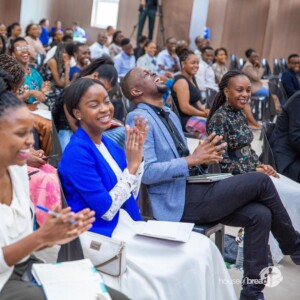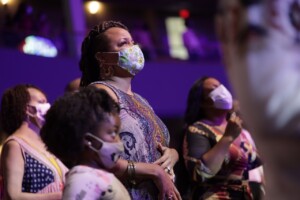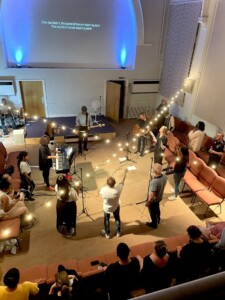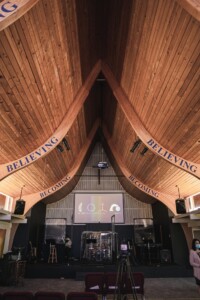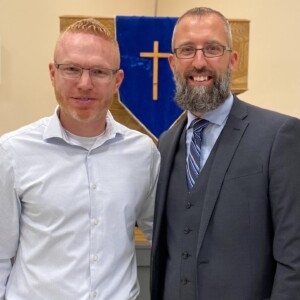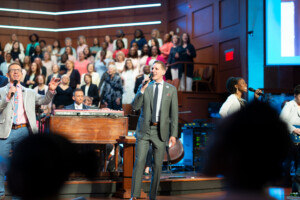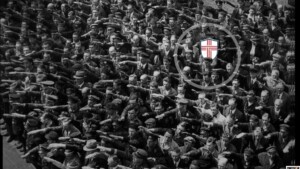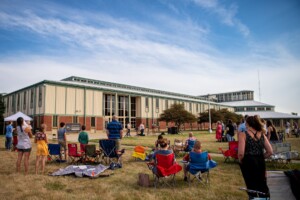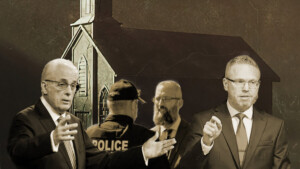
The Essential Church: A Review
The Essential Church by Grace Productions chronicles the fight of three churches to maintain Christ’s authority over Christian worship in the face of government persecution as told through the story of Grace Community Church (GCC)’s John MacArthur, Fairview Baptist Church (Calgary) pastor Tim Stephens, and GraceLife Church (Edmonton) pastor James

